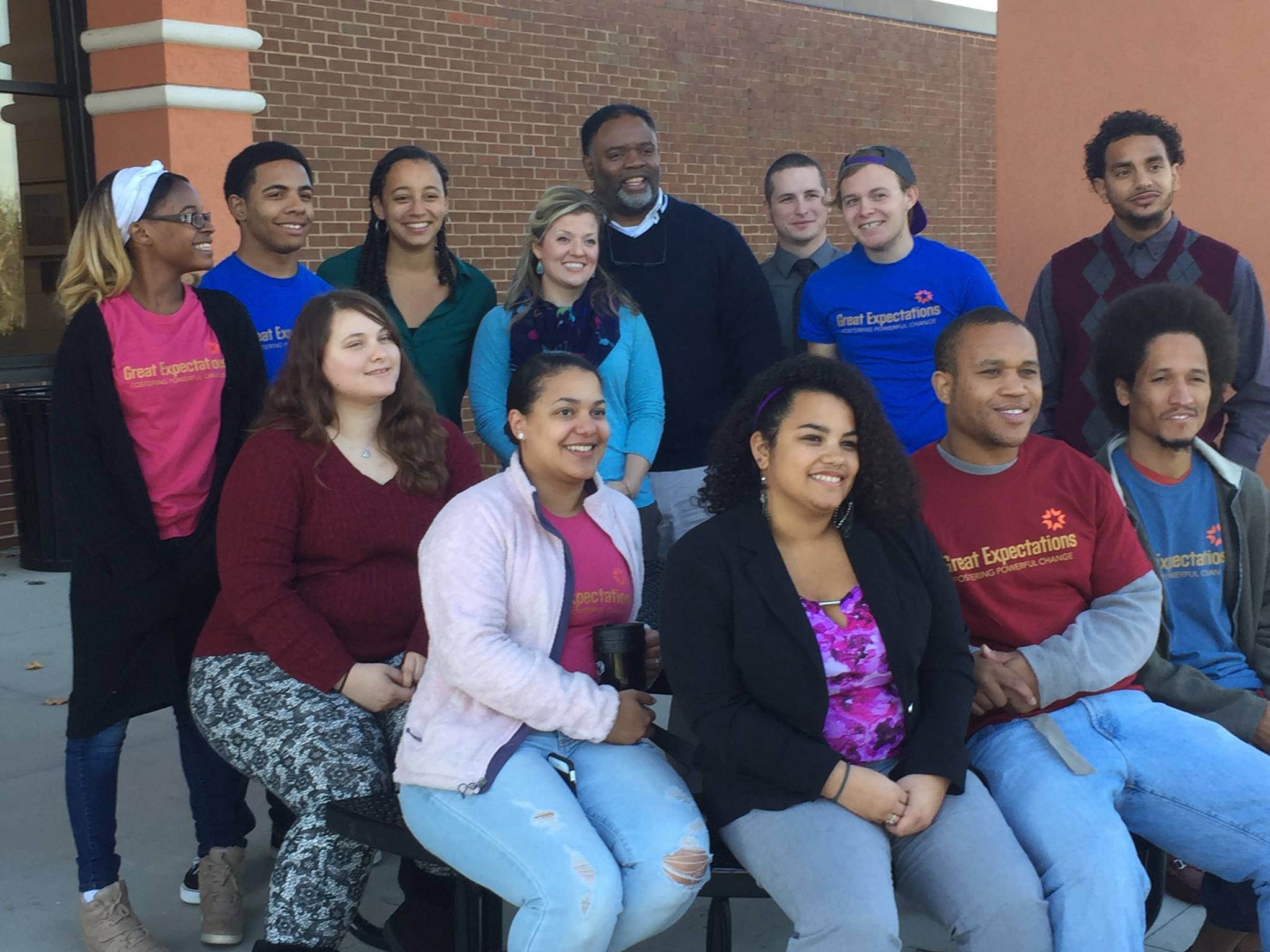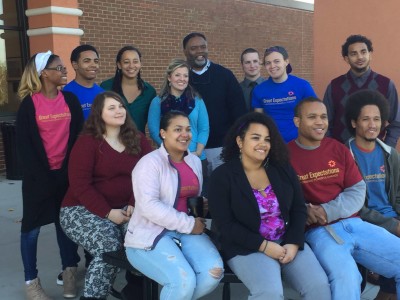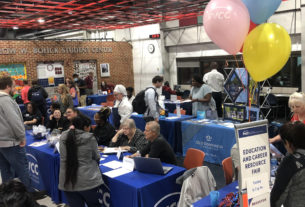
Great Expectations for Foster Care Students

PVCC has numerous programs that help college students with academics, finances, and other college-related needs. Down the 100 hall in the college’s main building, there is a program called Great Expectations. It is designed for currently enrolled students who have been in foster care as adolescents to ensure that the needs of these students are met financially, hygienically, and, of course, academically.
The organization is statewide and was started in 2008 by then-Governor Tim Kaine’s wife, Anne Holton, who is now the secretary of education.
Sarah Groom, the Great Expectations coach for PVCC, was in foster care as a youth. She prides herself in the students’ successes, seeing their potential and helping them to shine. “No person in the program is a throw away; we are here to help people’s gift shine,” said Groom.
She explained that the organization is present in other community colleges as well, such as J. Sargeant Reynolds Community College, Danville Community College, Southside Community College, Blue Ridge Community College, and others. Groom said, “Forty-eight percent of foster youth in Virginia do not graduate high school and less than two percent of former foster youth were pursuing post-secondary education.”
Groom knows what it is like to pay for college and how hard it is to fully make ends meet, so here at PVCC the organization offers financial resources that it calls “emergency funds.” They are mostly used for transportation and housing assistance: they buy bus passes for the students in the program, help with car repairs, help students find apartments or assist with rent.
Most colleges’ Great Expectations do not have emergency funds as PVCC does. Groom said, “PVCC is one of the most supportive colleges in the state for the Great Expectations program.”
PVCC student Kiara Miller has been in the program for more than five years and has gained much from the program. She said, “It has helped me with my college expenses, but most importantly with my educational growth.”
Most importantly, Groom also wants the office to be a place for individuals looking for a starting point, a place of acceptance that gives hope. Shelly Baker also works in the office, as do other student workers.
Groom said, “As a professional, vulnerability and figuring out the whole picture, is about getting deep and not superficial.”





